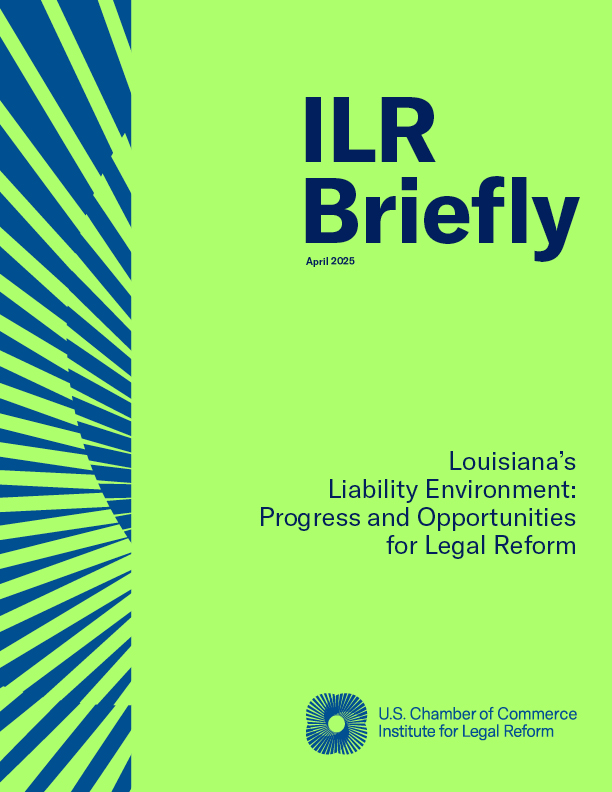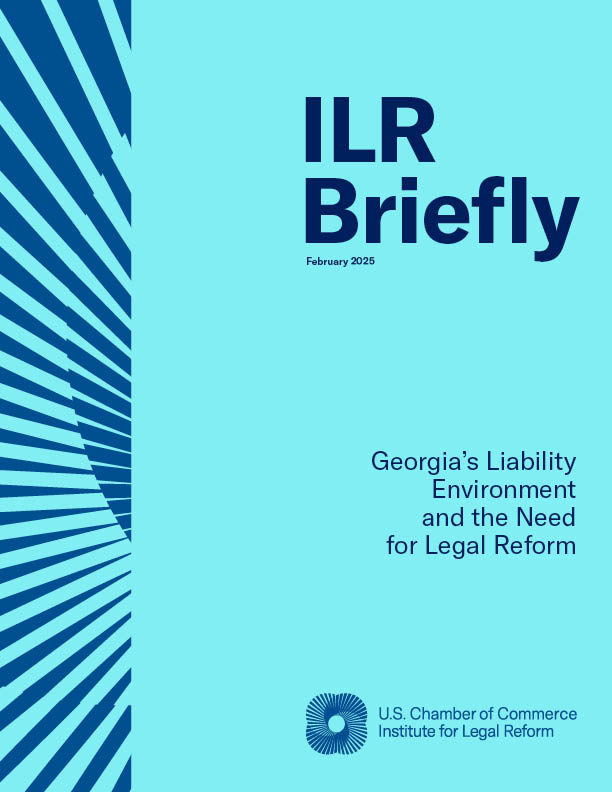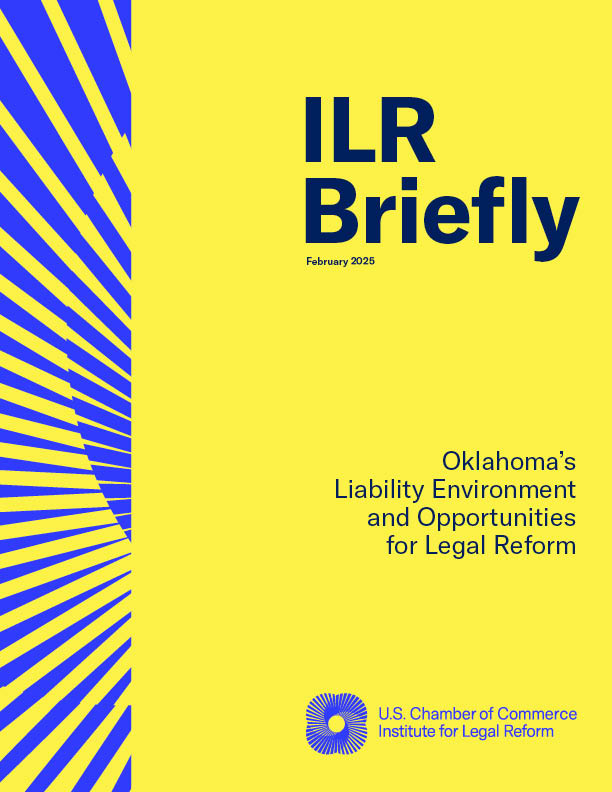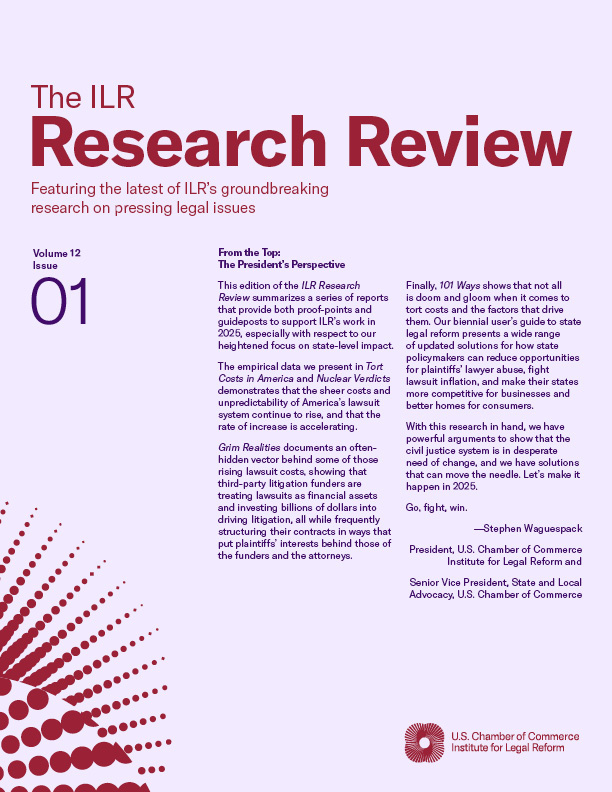Collective redress or collective actions are a form of civil litigation used to group together plaintiffs, often consumers, who have all allegedly been harmed in the same way. These lawsuits are similar to ’class actions‘ commonly used in the United States. Some form of collective redress can now be found in almost every Member State of the European Union (Member State). On April 11, 2018, the European Commission released a comprehensive consumer protection policy package, known as the ’New Deal for Consumers’. This package contains a proposal for a directive on representative actions, which would introduce an EU-wide system for consumer collective actions.
The proposal also includes two oversight measures for third party litigation funding (or TPLF), a practice by which financial firms (such as investment firms running ‘hedge funds’) invest money to bring lawsuits in exchange for a percentage of the settlement or judgment if the case is successful.
This current survey report, which was released in Brussels on July 11, captured the views of 5,097 consumers across five EU Member States (France, Germany, the Netherlands, Spain, and Poland) on the Commission’s proposal and safeguards against litigation abuse. Each survey respondent was provided with background information on collective actions and TPLF. This information was designed to be carefully balanced. Respondents were then asked about specific protections, commonly known as safeguards, that have been suggested to ensure that collective action lawsuits and the funding of these cases operate in consumers’ best interests.
Among other results, the survey revealed that:
- Only 13 percent of European consumers support the proposal as currently drafted;
- 67 percent agree that without the introduction of safeguards, the European Commission should not introduce collective actions in the EU; and
- 82 percent agree that collective action safeguards should be made consistent across the EU.
In addition, significant majorities of EU consumers expressed support for specific safeguards not currently included in the proposal. These safeguards would:
- Ensure consumers “opt in” to these cases rather than allow lawyers to include consumers in lawsuits without their knowledge (77 percent);
- require cases to meet some minimum standards before a judge will allow them to go forward (75 percent);
- obligate parties in the dispute to show they have tried to resolve their differences before bringing a lawsuit (74 percent);
- mandate that only legitimate consumer interest groups can initiate cases (65 percent); and
- require that all third party litigation funders be accredited or licensed and overseen by a government agency (72 percent).



